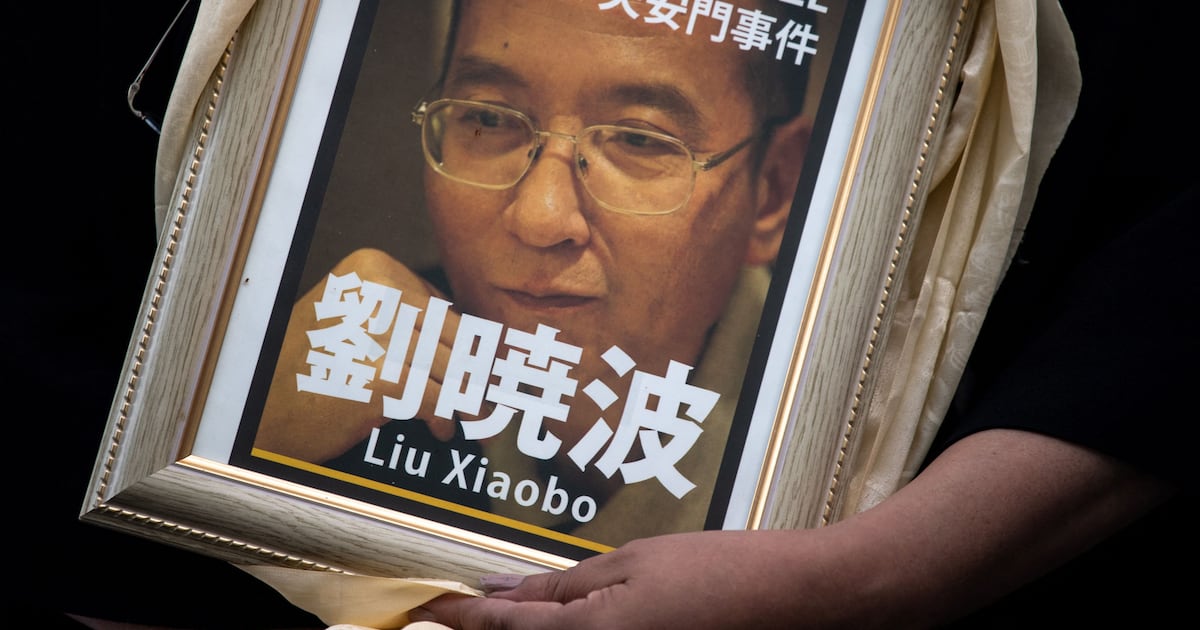cross-posted from: https://feddit.org/post/3247781
Instead of spearheading China’s liberalisation, Western universities that benefit from Chinese money are increasingly vulnerable to pressure from its government.
[…]
Through a combination of pressure tactics – including a global censorship regime, the weaponisation of informal Chinese networks, questionable party-state funding, and dependencies on “official China” – students and researchers are silenced, and higher education institutions are influenced.
Within many universities outside China, academic freedom has been compromised by Chinese funding. Dependent on the large funds that have been allocated to them, they are more inclined to do research in line with the CCP’s programme. More recently, the much publicised Hong Kong National Security Law allows anyone to be charged who challenges China’s national unity, regardless of nationality or territory. The Hong Kong National Security Law purports to have extraterritorial effect and therefore it is not limited to Chinese citizens or even those physically in Hong Kong. This inevitably contributes to a climate of self-censorship among academics.
[…]
Unfortunately, rising authoritarianism, if not actual totalitarianism, in China has turned the tables on Western universities. Instead of spearheading the liberalisation of China, they have become vulnerable to Chinese pressure in the opposite direction. Their partnerships with Chinese universities have turned into potential liabilities as professors come under fire for not properly declaring Chinese funding, research grants are linked to human rights abuses in Xinjiang, and universities’ technology breakthroughs are being used to improve China’s system of mass surveillance.
[…]
The Irish Centre for Human Rights and the University of Galway showed courage in accepting this gift of memory to [Chinese human rights activist] Liu. Statements of support by the university’s president and the director of the Irish Centre for Human Rights are significant. It is our hope that this example will encourage other universities to resist the pressure from Chinese money that might compromise their academic freedom.
[…]


